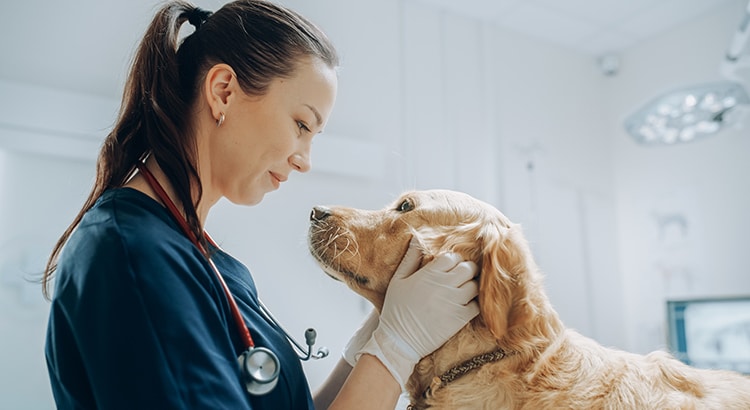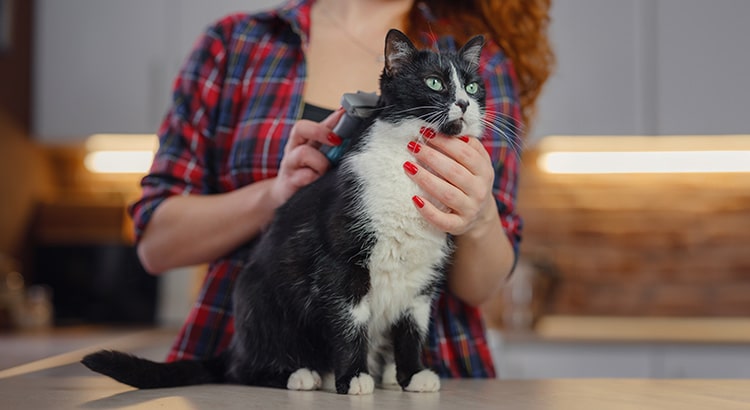
Understanding Pet Food Allergies and Intolerance
For our little furry friends, it is important to recognize the difference between pet food allergies and pet food intolerance. Pet food allergies in dogs and cats can be compared to humans being lactose intolerant, where food intolerance is a result of poor digestion, and a food allergy is an immune system’s incorrect response to a food ingredient. Both cats and dogs can experience similar food allergies but may show different allergic responses.
Cats may develop allergies from ingredients like artificial food coloring, cornmeal, preservatives, and meat by-products, commonly found in less expensive pet foods. Additionally, most cats lack sufficient lactase enzymes for digesting dairy, leading to potential vomiting and diarrhea. Seafood has also been identified as a rising allergen among cats.
To alleviate these issues, it is recommended to enhance your cat’s diet with Omega-3 fatty acids, known for their anti-inflammatory properties. This can be achieved through adding sardines, salmon oil, or krill oil to your cat’s food.
Addressing Dog Food Allergies
For dogs, the gastrointestinal tract, including the mouth, stomach, and intestines, houses about 70 percent of the immune system. This makes them particularly sensitive to proteins in their food, which can trigger allergic reactions. Common allergens include beef, dairy, and wheat, with certain breeds being more susceptible to food allergies.
Relief for dogs with food allergies may involve switching to a hypoallergenic diet for 8-10 weeks to observe any improvements. This diet excludes common allergens and is typically prescribed by a veterinarian. Additional remedies include oatmeal baths for skin relief and cleaning their ears with a solution of hydrogen peroxide and water.
By understanding and addressing pet food allergies and intolerances, pet owners can help ensure their cats and dogs lead healthier, happier lives.
Remember: Happy Cat, Happy Life. Happy Dog, Happy Life.




